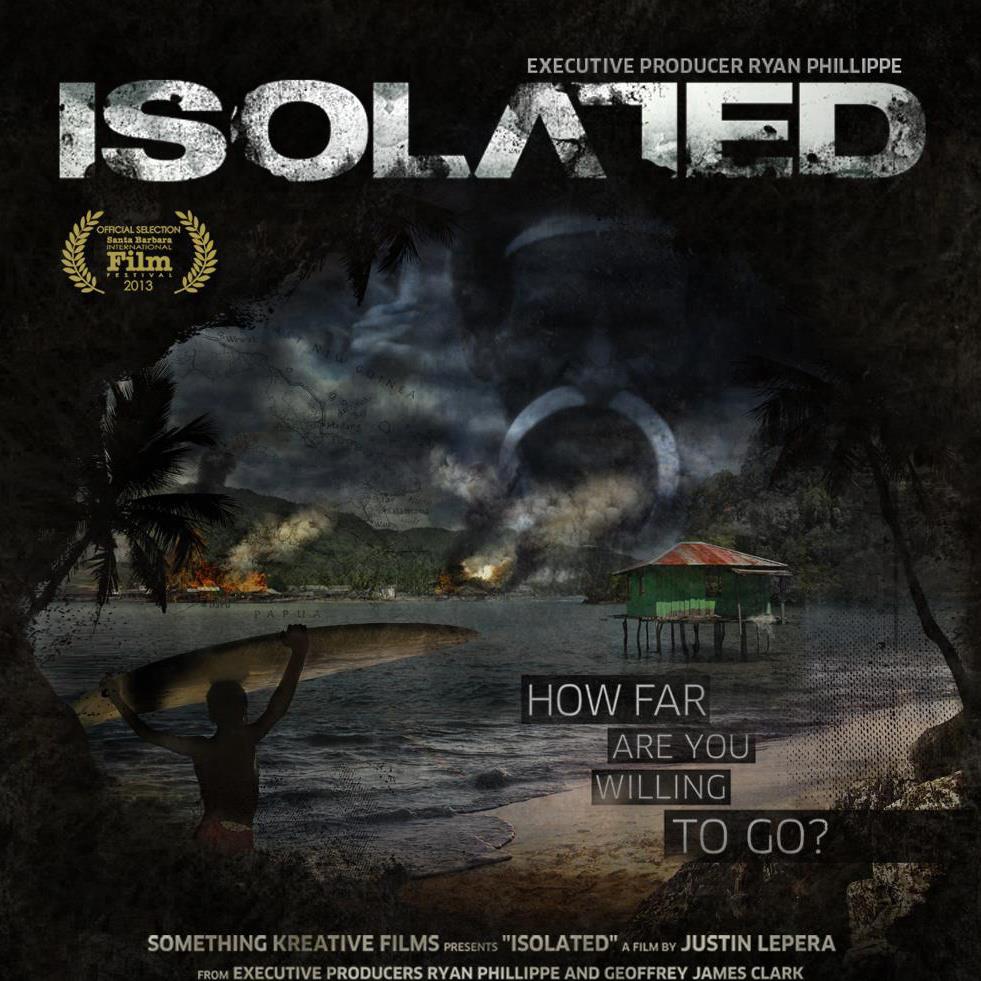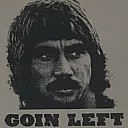Isolated: Surfing and human rights in West Papua
 In recent years the surf film genre has grown to incorporate many different ideas and concepts. The template laid down by Bruce Brown in the 50s and 60s, while undoubtedly engaging and enduring, is being expanded by a number of producers who are using surfing as a different cinematic tool. Geoff Clark is one of them, however that wasn't the plan when he began work on his latest film.
In recent years the surf film genre has grown to incorporate many different ideas and concepts. The template laid down by Bruce Brown in the 50s and 60s, while undoubtedly engaging and enduring, is being expanded by a number of producers who are using surfing as a different cinematic tool. Geoff Clark is one of them, however that wasn't the plan when he began work on his latest film.
The vision he had in mind was of a surf discovery film, much in the Bruce Brown mold but brought into the 21st century. That changed when he landed and began filming. Immediately Clark realised why the stretch of coast he'd chosen had remained isolated so long.
Good films are said to be transformative for the audience but it's rare that the crew behind the camera also undergo transformation. However that's what happened with Isolated.
Swellnet: When did the trip take place?
Geoff Clark: Our first trip to West Papua took place in 2008, and we later went back again in 2011 and 2012 to check in on the friends we had made.
What did you know about the situation prior to starting the project?
Originally all we knew was that it was a place that Travis Potter wanted to go to find waves. Then Director Justin LePera and I began to research West Papua and discovered why very few surfers traveled there, and for good reason. Justin was able to track down a Lonely Planet guide that was written in 1989, and that combined with Google Earth helped guide the trip. We knew there was violence in the region, but because of the media blackout there wasn't a ton of news about it. We went into the trip somewhat ignorant, but always planned to stay as isolated from people as possible while searching for waves.
Journalists are notoriously banned from West Papua, how did you enter?
The cast and crew flew into the region just like a normal surf trip would. The Director had strategised to bring several different cameras- some very small, so in the more crowded places the crew could stay under the radar. Once we got deeper into the countryside the crew could shoot more freely. On our final trip to West Papua we could only afford to send two total crew and decided to shoot DSLR. It worked out to our benefit because when the Director an DP were in the Highlands region a local military asked to search their bags, and found the cameras. They didn't take them because they thought it was just photos, and the crew were just travelers.
How were the surfers chosen?
There were many many factors that went into choosing which surfers to take, but first and foremost they had to be down for a potentially dangerous feral adventure. The Director Justin reached out to a pretty lengthy list of surfers, and was turned down by most. And I don't blame them - not many surfers are wanting to be a part of a surf film that shoots in a journalist dead zone. We knew we always had Potter, and he suggested we reach out to Josh Fuller. Then Producer Matt Meyerson got in touch with Andrew Mooney, who had always wanted to travel to West Papua. We decided we wanted to bring a girl and Justin was lucky enough to track down Jenny Useldinger through a friend. Two days before we planned on leaving Travis suggested to Justin that he reach out to Jimmy Rotherham, and luckily he was excited to go.
Isolated is a long way from the bubblegum fun-in-the-sun offered by most surf movies. How do you think viewers will react?
I think viewers will love the film, and so far they have! Isolated not only has amazing travel footage and an epic wave discovery, but it also educates audiences about one of the world's least known genocides- without being preachy or bias. We wanted everyone who saw the film to go on the journey we did, and honestly discover what we did. We didn't set out to make a film about West Papua freedom, or a cultural genocide, we set out to make a surf film. And I think the film will hopefully satisfy the viewer that wants to see a surf film, as well as hopefully inspire them to take action and do something positive even if it's as simple as signing a petition or uploading a video in support of peace.
I also think that surf films in general are better than ever before and that audiences appreciate narrative driven surf films that go beyond seeing clip reels of epic waves. Although those are still awesome too.
What can the surfing community possibly achieve vis-a-vis justice in West Papua?
I think that it's not just the surfing community, but humans in general that have a lot to gain by helping the people of West Papua. Their suffering is driven by greed and is completely unnecessary. But if you only care about the surf aspect, if the conflict in the region stopped and the region was opened to journalists, it would open up hundreds of potential epic surf breaks that have yet to be mapped out.
Finally, what do you hope to achieve?
We hope that through the film we can create enough awareness about the situation in West Papua that it can create peace in the region, and hopefully spark discussions for negotiating freedom. More than anything we want the violence to stop. We are trying to get 25,000 signatures in America so we can force the White House to address the issue, and we launched the "Isolated Ambassador for Peace" Campaign that hopes to bring as much public awareness as possible. You can sign our petition and become and learn more about becoming an Ambassador for Peace more info about it on our website at www.isolated.tv
Live on or near the Gold Coast? Isolated is playing at the Sunhouse this Saturday night:
Location: Sunhouse Surf, McLean Street, Coolangatta
Time: Drinks and dinner from 6pm, screening at 8pm (QLD time)
Cost: Free!
Special attendees: Josh Fuller - one of the surfers in the film - will be introducing the film.

